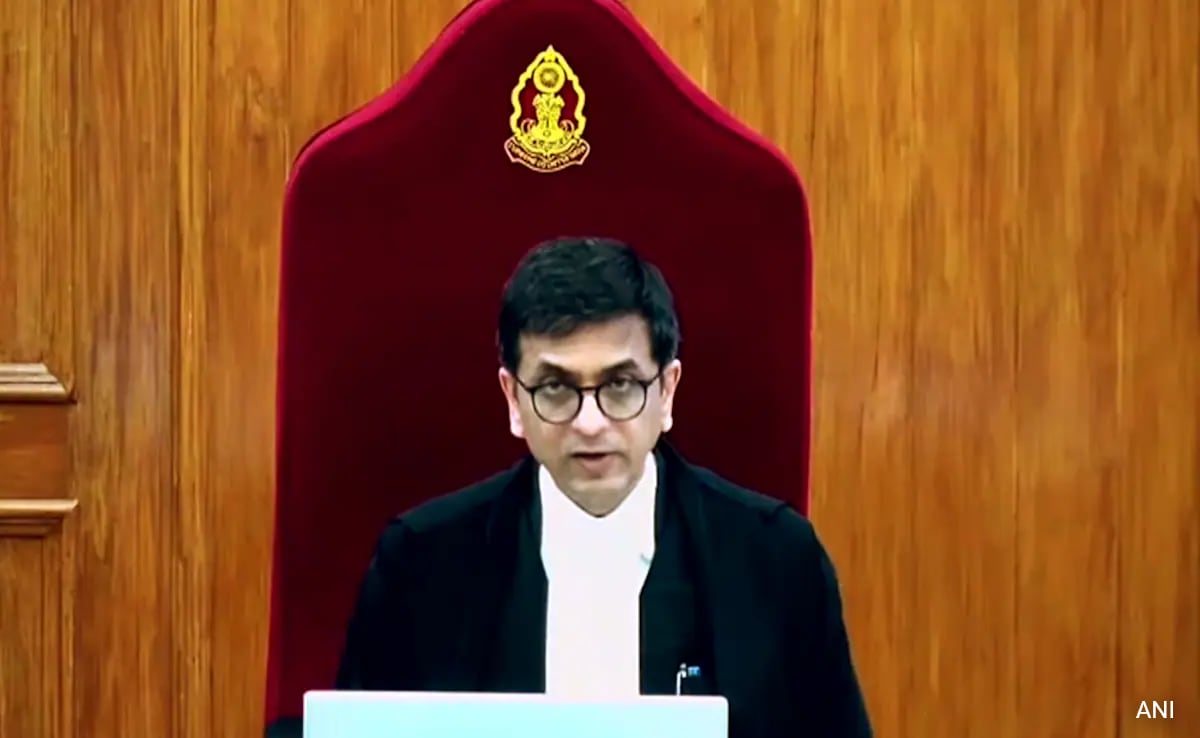
[ad_1]

The Supreme Court today pronounced its verdict on whether Members of Parliament (MPs) and Members of Legislative Assemblies (MLAs) are immune from prosecution for accepting bribes in exchange for making a speech or casting a vote in the legislature.
Here are the Supreme Court’s top quotes:
-
We disagree with the judgment in the 1998 PV Narasimha Rao case. The judgment in that case which granted immunity to legislators for taking bribes to cast votes has wide ramifications.
-
Such a claim for immunity fails to fulfill the test of whether such immunity is necessary to discharge legislative functions.
-
Bribery is not rendered immune under Article 105 or 194 because a legislator indulging in bribery commits a criminal act that is not essential for the function of casting a vote or giving a speech.
-
The offence of bribery does not depend on whether the vote or speech is given later. The offence is complete at the point in time when the legislator accepts a bribe.
-
Bribery isn’t protected by parliamentary privileges.
-
The interpretation of the 1998 verdict is contrary to the Constitution’s Articles 105 and 194.
-
The purpose and object of legislative privileges must be borne in mind. Privileges are for the house collectively. Articles 105/194 seek to create a fearless environment for the members.
-
Corruption and bribery by legislators destroy the functioning of Indian Parliamentary democracy.
-
The PV Narasimha Rao judgment results in a paradoxical situation where a legislator who accepts a bribe and votes accordingly is protected, whereas a legislator who, despite taking a bribe, votes independently is prosecuted.
-
MLA taking a bribe to vote in Rajya Sabha elections is also liable under the Prevention of Corruption Act.
[ad_2]
Source link







